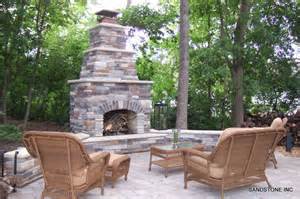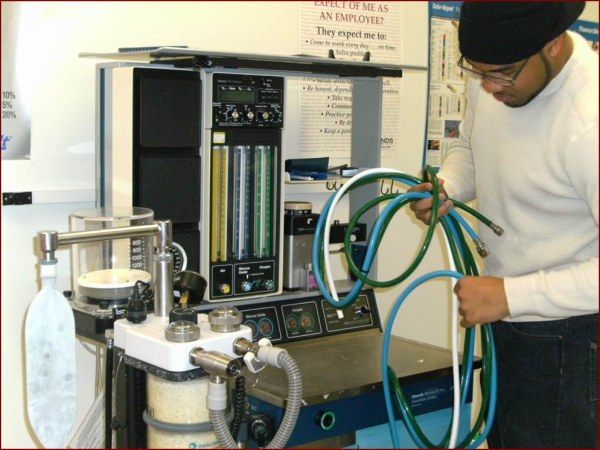
Collision Repair Technology
What do you want to be when you grow up? If you've ever wanted to know how to repair a damaged vehicle, you might want to consider the Collision Repair Technology program at Hinds Community College! Collision Repair Technology is an instructional program designed to prepare students for entry level positions in the Collision Repair and Refinishing trade by combining classroom instruction and practical laboratory experiences using equipment comparable to that found in industry. Students will be provided learning experiences in repair and refinish work beginning with basic applications and progressing on to heavy collision repairs requiring major body and frame alignment and panel replacement. The instruction includes all phases necessary to perform collision repair including glass replacement, welding, and replacement of hardware and trim items, cosmetics, and structural repairs. In all course activities, you'll find an emphasis on safety. The latest, most advanced equipment and repair techniques are used and your classes will incorporate NATEF curriculum.

What Do Collision Repair Technicians Do?
Collision repair technicians repair and fix damaged bodies and body parts of automotive vehicles according to the manufacturer's specifications. These vehicles include cars, vans, trucks, buses, campers, and trailers.
Collision repair technicians:
-
Provide estimates for repair
-
Remove small dents with a hammer, pick hammer, or punch
-
Straighten bent or twisted frames
-
Weld metal parts
-
Remove parts to gain access to vehicle body and fenders
-
Remove, repair, or replace body parts, doors and/or fenders
-
Fill damaged areas with solder or plastic body fillers
-
File, grind, sand, and smooth filled or repaired surfaces
-
Refinish with a primer coat, sand and paint with a finish coat
-
Align wheels and aim headlights

Possess These Qualities? This Might Be The Career For You!
- Critical thinking skills. Repair technicians must be able to evaluate vehicle damage and determine if the repair cost is justified.
- Customer service skills. Repair technicians must be courteous and ready to answer questions customers might have.
- Detail oriented. Repair technicians must restore damaged vehicles to their original state.
- Dexterity. Repair technicians must have good hand-eye coordination.
- Technical skills. Repair technicians must know which tools and power equipment are appropriate for certain procedures and repairs.
What About The Job Forecast?
According to the Bureau of Labor and Statistics, employment opportunities for automotive body and glass repairers are expected to grow 19% through 2020. The best prospects will present themselves to those with industry certification and formal training in automotive body repair and refinishing and in collision repair. New job opportunities will be created for qualified workers with knowledge of specific technologies, materials, as well as makes and models of cars.
The program has an excellent reputation with local firms looking for skilled workers and placement of students who complete the program is a top priority. Typical jobs filled by students who have completed this program include apprentice positions as body, frame, and refinish technicians
What Are My Degree Options?
Degree options in the Collision Repair Technology program include a Career Certificate option, Technical Certificate option and AAS Degree option. All program options are written to nationally recognized, industry-based certifications. The goal is for the student to earn a “credential of value” during their time at the community college. That “credential of value” is the Associate of Applied Science degree, a Technical Certificate, a Career Certificate, and/or license/certification recognized by business and industry. The credential should be a step along a career pathway offering students ongoing opportunities to increase their earning potential in the job market.
Need More Information?
This program is located on the Rankin, Raymond, and Utica campuses of Hinds Community College. For more information regarding the Raymond Campus Collision Repair Technology program, contact Ovid Vickers at 601.857.3252 (OSVickers@hindscc.edu).
For other campuses in the district, you may use the contact information below:
Rankin Campus - 601.936.5532
Utica Campus – 601.885.6062



















